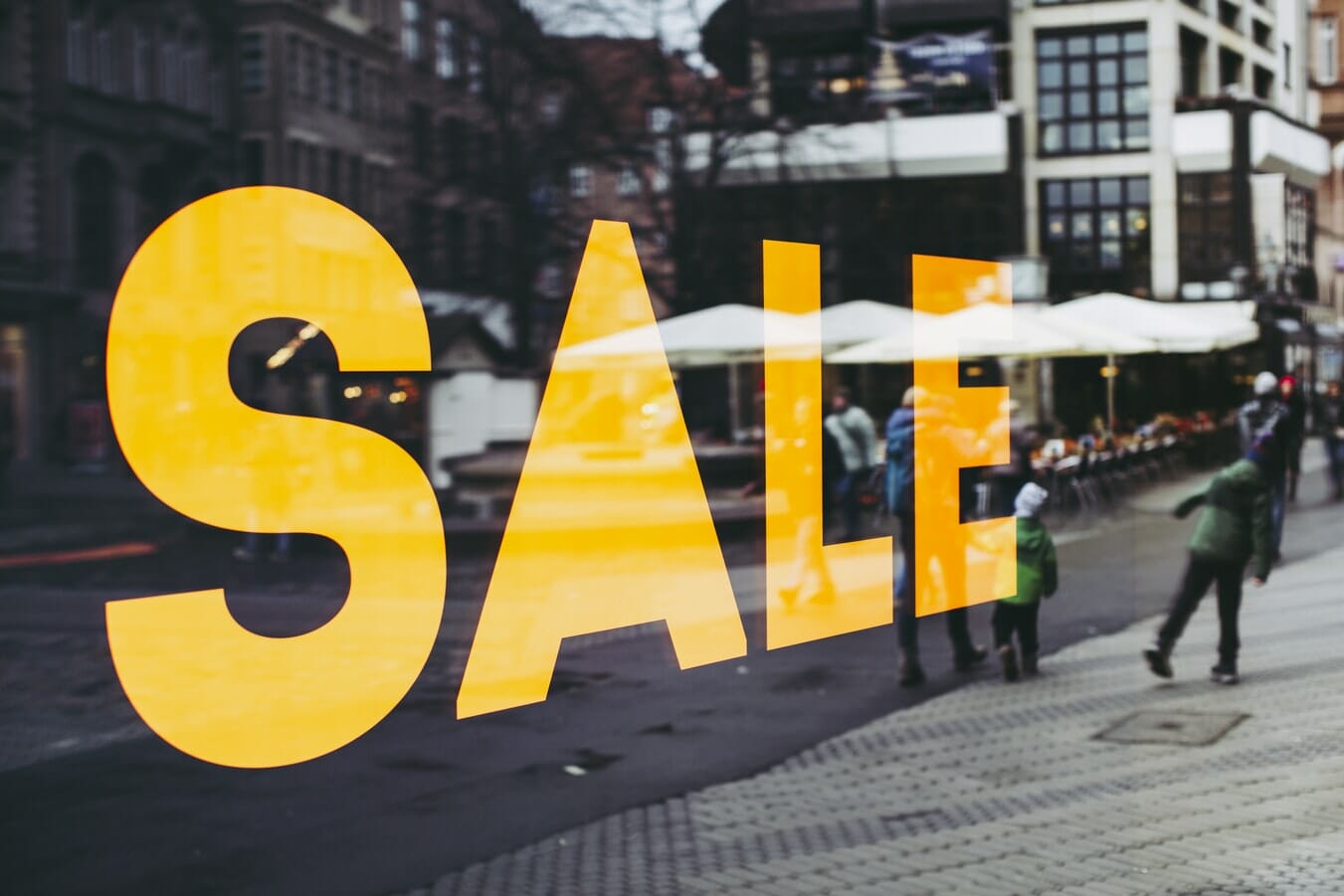This Year’s Black Friday Poses Unique Risks
Black Friday and the days leading up to it are traditionally busy and challenging for retail employees. The influx of customers demands increased work at a rapid pace. This time is typically tough for in-store staff and warehouse workers during a regular holiday season. However, with the ongoing COVID-19 pandemic, especially in the United States, this year’s holiday season presents a significant deviation from the norm.
Labor advocates, such as the workers’ nonprofit United for Respect and representatives from the labor union UFCW, have urged major retailers like Amazon and Walmart to enhance safety measures for their employees during the holidays. Due to the pandemic, retail workers both on the shop floor and behind the scenes may face heightened risks of exposure to the virus. While many stores nationwide currently enforce safety protocols like mask-wearing and social distancing, these measures may clash with the expected large crowds that Black Friday usually brings in. Therefore, activists have been pushing for hazard pay, paid sick leave, and proactive monitoring of potential outbreaks, among other safeguards.
Walmart employee Melissa Love shared her apprehensions with the BBC, stating, “Associates like me are scared.” Love, who has worked at a California Walmart for five years, expressed fears that a shopping surge at her store could lead to a super-spreader event endangering both customers and staff.
“Working on Black Friday this year poses a clear danger,” Love emphasized. “I don’t think Walmart should be encouraging crowds to come into our stores on Friday and risk a super-spreader event.”
Credit: Unsplash
The concerns raised by workers like Love have been echoed by the UFCW. UFCW International President Marc Perrone stated, “Frontline workers are terrified because their employers and our elected leaders are not doing enough to protect them and stop the spread of this virus.”
He added, “As holiday shopping kicks off this Thanksgiving, a significant increase in customer traffic is already evident. Without immediate action starting from this holiday week, more essential workers will fall ill, and tragically, more lives will be lost.”
Amazon and Walmart have not made public statements on the issue. However, Walmart has been redirecting some customers to its online platform for sales instead of physical stores. Amazon, which has seen over 20,000 employees test positive for COVID-19, has implemented measures such as face mask mandates, temperature checks, and rigorous cleaning protocols in its warehouses.













































